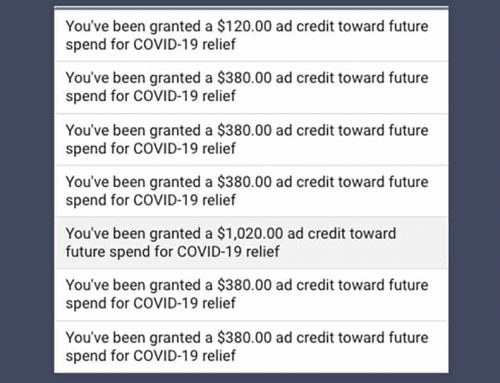Third party cookies, also known as session cookies, are used to remember who you are on a website. They are not the same thing as first party cookies, which remember if you have visited before and the data is stored on your computer. A third party cookie stores data on somebody else’s server and is designed to stop you having to log in every time you visit the site.
What are third party cookies and why is it important for you to know?
Third-party cookies are pieces of data that are placed on your computer by a different company than the one you’re currently browsing. They allow marketers to track and target someone without having to be on the same site.
Third-party cookies are pieces of data that are placed on your computer by a different company than the one you’re currently browsing. They allow marketers to track and target someone without having to be on the same site.
Why are they being phased out and how will this affect small to medium sized businesses
Majority of people in the internet felt that they are being tracked online by advertisers and other companies who used third-party cookies. People have been now demanding to have a safer and private browsing activity.
In a recent study conducted by DMPG managing director, James Wawne, 81% of Australia websites rely a lot with third party cookies. This a threat for businesses that run ads and market through the internet.
Businesses who run ads uses third party cookies which allows them to learn about web visitor’s overall online behaviours, such as websites they frequently visit, purchases, and interests that they’ve shown on various websites. With this detailed data, businesses can build robust visitor profiles. With all of this data, they can then create a retargeting list that can be used to send ads to past visitors or people with similar web profiles. However, If you’re just aiming to track your website’s visitors’ behaviours, preferences, and basic demographics only while they’re on your website, you probably won’t be deeply impacted by this change.
What you can do to prepare for the change.
While the elimination of third-party cookies on Chrome will be inconvenient to some, there are still ways to be confident and not worry much about it.
Don’t be concerned. Marketers, advertisers, and data engineers are all looking for solutions to figure out what will happen next at this moment.
Despite this, Google and other browsers have taken a stand in favour of user privacy. As new privacy rules emerge, this could be a good time to consider alternate less-vulnerable advertising options. Your Digital Marketer and Advertiser will come in handy and be dependable in these situations. Why? We should not solely rely on information obtained from the internet as a marketer with a creative perspective. Aside from targeted information and bothersome pop-ups, creative marketers will be able to come up with more innovative alternatives and commercials that will be more appealing with the public.
Another area where innovation is possible is in the way we utilise and use data. Data management systems are now attempting to develop alternative solutions to assist advertisers in tracking data in a way that maximises the use of third-party cookies.
While these methods may differ from third-party cookie solutions or necessitate additional planning, they will nonetheless enable you to target and learn about relevant consumers without being intrusive.
Right now, the best thing to do as a marketer and a business owner is to continue to stay up-to-date with news related to third-party cookies and other data privacy moves that could impact your business. While these approaches may differ from third-party cookie solutions or require more effort, they will nonetheless allow you to target and learn about relevant customers without being obtrusive.
You might even repurpose earlier techniques, such as contextual advertising. Contextual advertising allows you to circulate PPC ads on websites that rank for comparable keywords as your ad, whereas third-party data allowed you to position ads directly in front of people who matched certain user profiles. If you’re advertising a cleaning service, your PPC ad can appear on a cleaning service website.
Finally, develop your brand’s social media presence and online community. You may utilize this to come up with even more fundamental techniques and ideas for reaching out to your audiences without the use of cookies and ads. Creating organic post and more user friendly content for your audience. This will make you less vulnerable to technology, even if you have access to the most advanced tracking tools.




